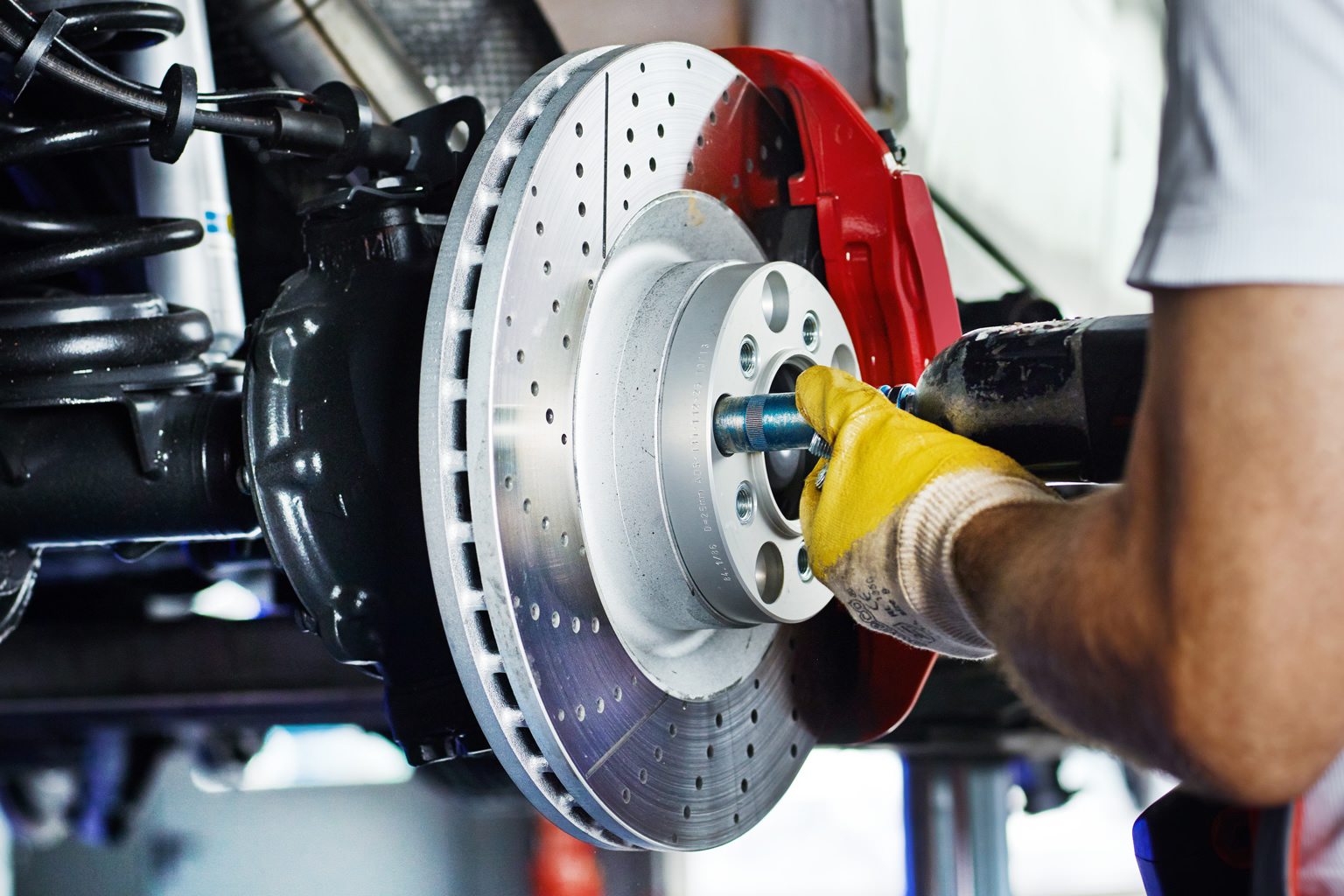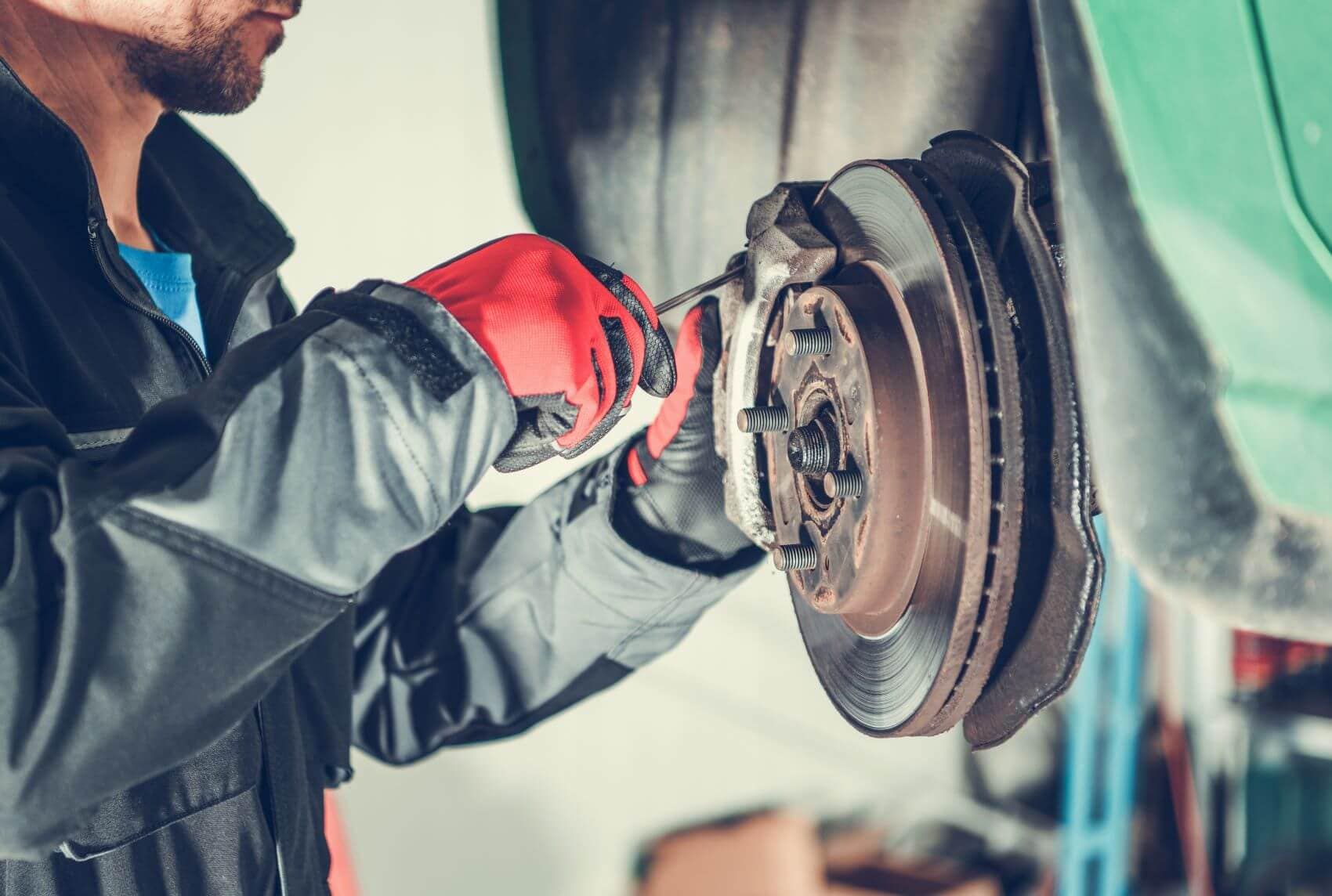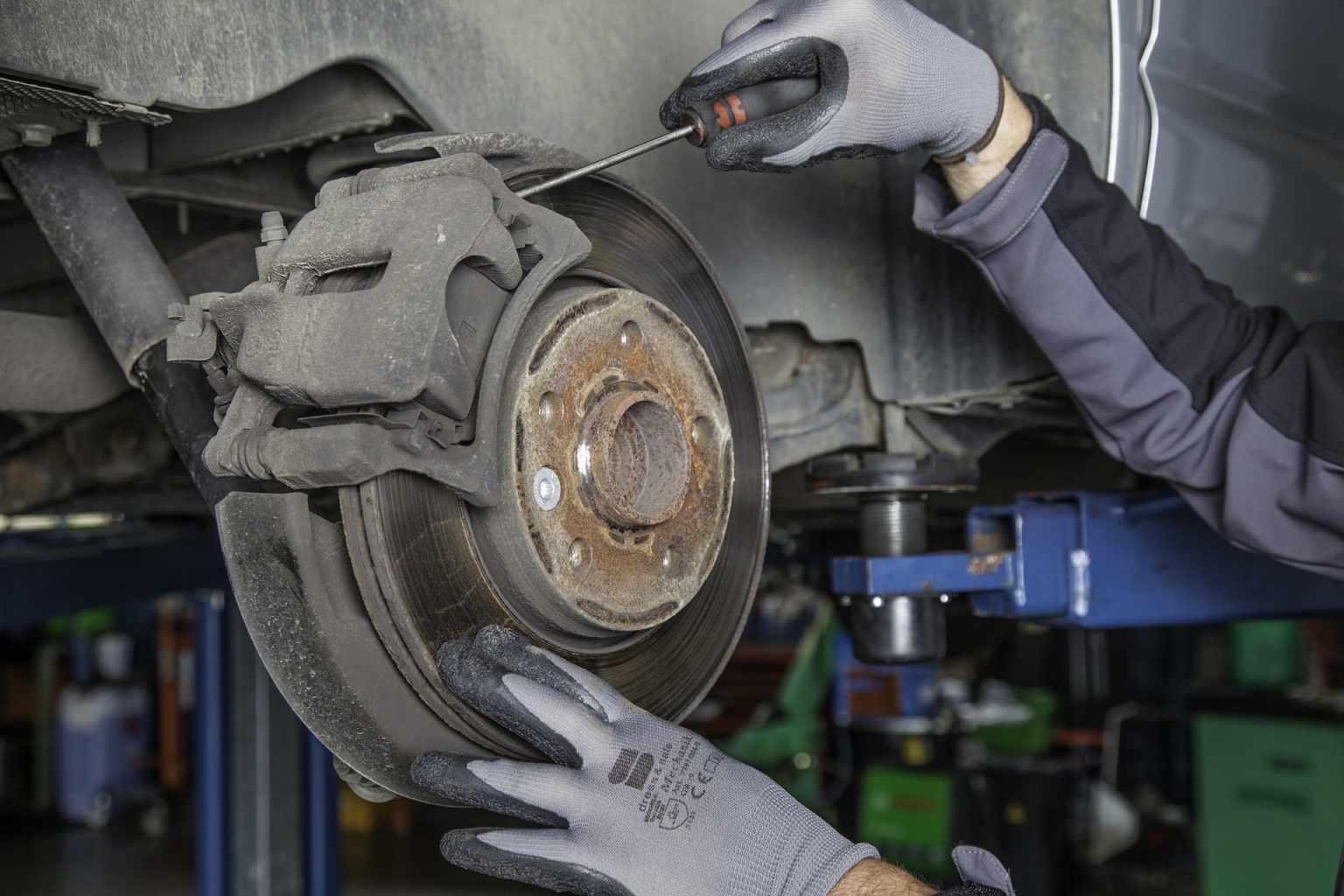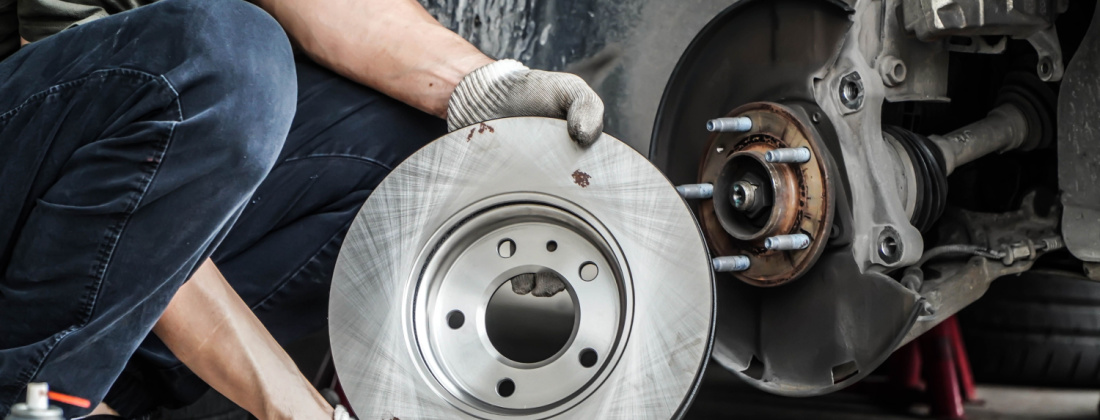CALL US TODAY TO BOOK YOUR REPLACEMENT BRAKES

Brake services
The braking system is ultimately your car’s most important safety system. Just like tyres, car brakes become much less effective as they wear over time.
That’s why here at Fiveways Garage, we carry out car brake replacements at very competitive prices. We also offer a free brake check to all our customers for safety and peace of mind. (The inspection of vehicles with rear brake drums may incur an additional charge.)
Brake services are available at the following:
How do brakes work?
Car brakes are comprised of three main parts: brake discs, brake callipers and brake pads. When your brake pedal is pressed, hydraulic pressure is forced into the master cylinder of the braking system. This pressure, flows through the hoses to the wheel cylinders and callipers which in turn, pushes the brake pads against the rotors on a disc brake.Vehicle brakes show signs of wear and tear just like some other areas of your vehicle. Potential problems to look out for are:
General Brake Wear
A squeaky or grinding noise indicates that brake pads and or discs require replacement, although some cars have warning sensors to tell the motorist when brake replacement is necessary.
Discs have a minimum thickness in line with manufacturer safety standards, so when discs reach this minimum thickness, they must be replaced. Brake discs should always be replaced in pairs, and the brake pads should also be replaced at the same time, too.
Brake Pad Wear
The type of vehicle you drive and your driving style will have an effect on how fast your brake pads wear. Low speed braking doesn’t affect the pads as much as high speed braking will.
Brake Distortion
A brake judder normally indicates a distortion or a fault in the brake discs, while pulling under braking suggests a fault with the brake callipers or another hydraulic component.
Over time, brake discs can wear thin and become “lipped”. When this occurs, new pads cannot be fitted without new brake discs – as braking performance and safety may be compromised.
Uneven heating and cooling can cause discs to become out of shape. You might notice such damage if your brakes are old and thinning. Avoid braking for long periods, like when driving downhill; it is advised to drive in a lower gear instead, to avoid overheating your brakes.
Brake Fluid
Spongy brakes may indicate a brake fluid leak or that the brake fluid needs changing. Because brake fluid is hygroscopic and absorbs water, most manufacturers recommend a brake fluid change every two years.
When braking heavily, car brake systems get extremely hot. This can then cause the brake fluid to boil and eventually vaporise. Hydraulic brakes work on the principle that a liquid cannot be compressed. When the liquid is vaporised, it turns from a liquid into a gas – which can be compressed, therefore the system cannot perform as designed. When this occurs, the brakes will feel spongy and they will not work to their maximum potential.
As well as the above signs, there are other brake symptoms to look out for which suggest your car brakes need inspecting or replacing:
- Shaking steering wheel when braking
- Noticeable unpleasant smells when braking
- Car pulls to one side when braking
- Brake fluid spray can be seen on the outside of the wheels
- Brakes feel much less effective than normal



